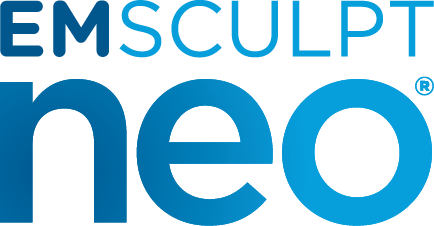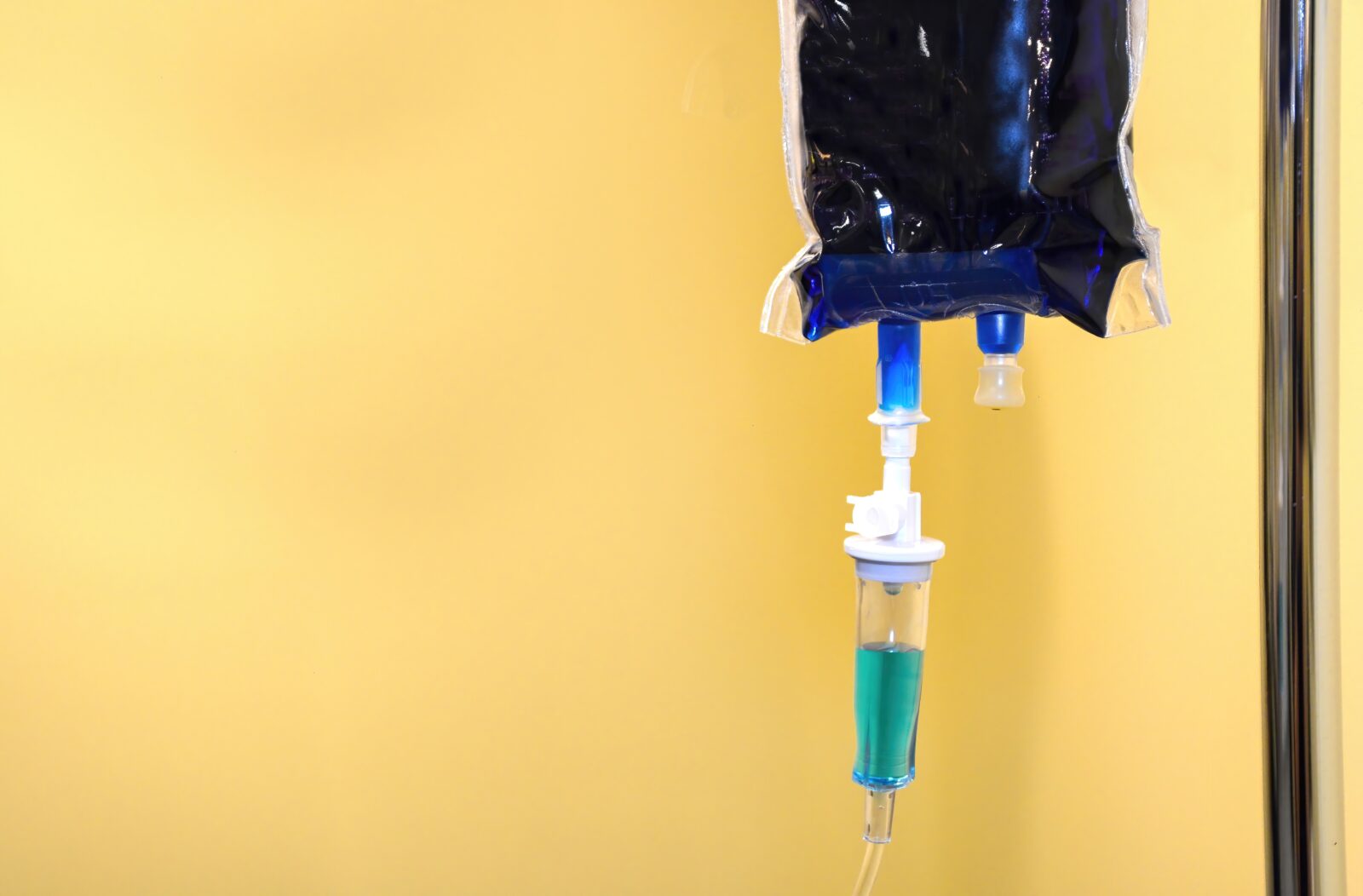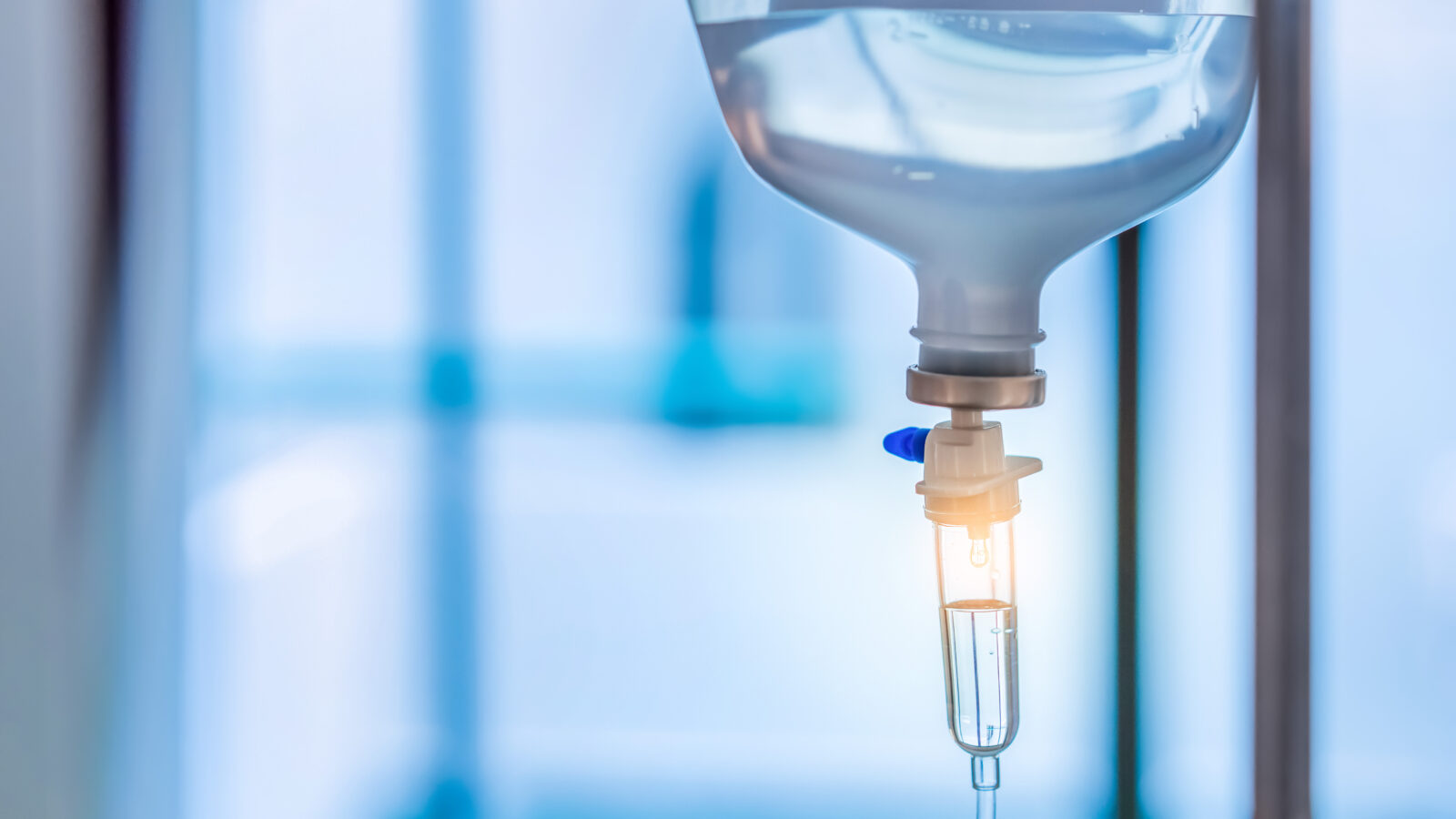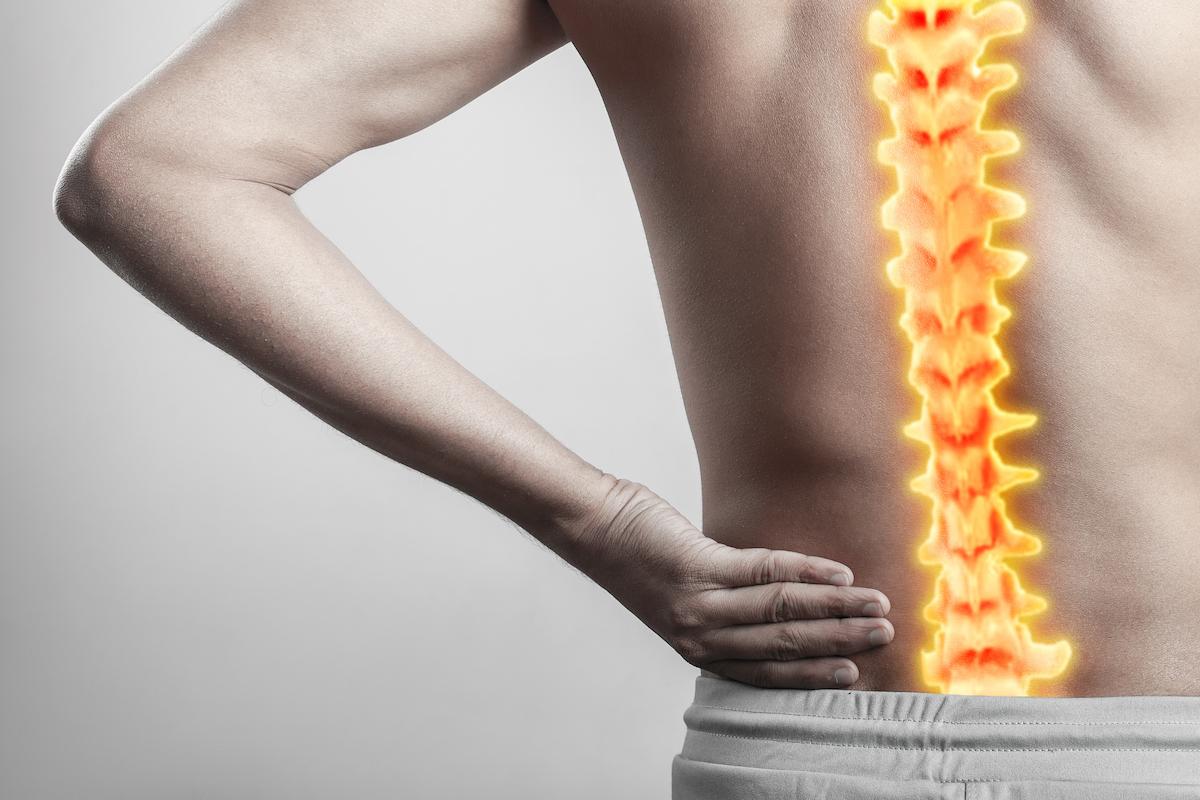Concussion Recovery in Denver at Axon Integrative Health
Imagine your brain and gut as twin siblings that are best friends, constantly working in tandem, as if they were one, connected through the body’s neural connections. This unique relationship, known as the gut-brain axis, is so critical that its influence stretches into nearly every aspect of health — including how well you recover from a concussion.
If you’ve recently experienced a concussion, or know someone who has, understanding this connection can unlock powerful ways to heal. Let’s dive into the science and discover how focusing on gut health can help rebuild brain health after injury.

The Gut-Brain Connection: A Two-Way Highway
Think of your gut and brain as two cities connected by a superhighway of communication called the vagus nerve. Along this road, they send messages back and forth at lightning speed, sharing updates on digestion, emotions, immunity, and even how your body reacts to stress.
This relationship is far from superficial. Your gut houses trillions of bacteria (collectively known as the microbiome) that produce neurotransmitters like serotonin and dopamine, which directly influence your mood and cognitive function. On the flip side, your brain sends signals to the gut, affecting motility, enzyme production, and even the composition of the microbiome. It’s a true partnership.
But here’s the twist: when you experience a concussion, the balance in this partnership can shift dramatically. These tissues are derived from the same embryological cells, making them not two connected systems, but one system.
“When you have an injury to the brain, you undoubtebly have an indirect injury to the gut”-Dr. DeBeer
Concussions and the Autonomic Nervous System: A Tug of War
A concussion isn’t just a brain bruise; it’s a cascade of physiological changes that throw your entire system out of sync. One of the biggest players affected is your autonomic nervous system (ANS) — the body’s control center for involuntary actions like breathing, heart rate, and digestion.
Think of the ANS as a seesaw with two sides: the sympathetic nervous system (the “fight or flight” mode) and the parasympathetic nervous system (the “rest and digest” mode). After a concussion, the seesaw often tips heavily toward fight or flight, leaving your body in a chronic state of stress. This can wreak havoc on gut function, leading to symptoms like bloating, irregular bowel movements, or food sensitivities.
But the story doesn’t end there. The gut-brain axis plays a pivotal role in calming the seesaw and restoring balance, which can be a game-changer in concussion recovery.
The Neurometabolic Cascade: What Happens After a Concussion

When a concussion occurs, the brain undergoes what’s called a neurometabolic cascade — a chain reaction of events marked by inflammation, energy deficits, and oxidative stress. It’s like a city-wide power outage in your brain, where neurons struggle to function and repair themselves. This state can persist for days, weeks, or even longer if left unchecked.
Here’s where the gut-brain connection shines: the gut’s ability to reduce systemic inflammation and support nutrient absorption becomes critical. By feeding your gut the right tools, you can essentially send reinforcements to your brain, accelerating the repair process.
Healing the Gut to Heal the Brain
The good news? You don’t have to wait for the brain to recover on its own. By focusing on gut health through food, supplements, and targeted therapies, you can actively support the brain’s healing process.
1. Food: Your First Line of Defense
Think of food as medicine for your gut and brain. Anti-inflammatory foods like leafy greens, fatty fish, and berries can help calm the inflammation associated with a concussion. Meanwhile, prebiotic and probiotic-rich foods like bananas, onions, yogurt, and fermented vegetables feed the beneficial bacteria in your gut, strengthening the gut-brain axis.
Eliminating gut irritants like gluten, dairy, and added sugar during recovery can also make a world of difference, as these foods are known to fuel inflammation and disrupt the microbiome.
2. Supplements: Targeted Support
Supplements can act as high-powered tools in your recovery kit. Key players include:
- Omega-3 fatty acids: These healthy fats support neuronal repair and reduce brain inflammation.
- Probiotics: High-quality probiotics help rebalance the gut microbiome after stress or injury.
- L-glutamine: An amino acid that helps heal the gut lining, reducing systemic inflammation.
- Curcumin: Found in turmeric, this compound is a natural anti-inflammatory powerhouse for both the gut and brain.
3. Hydration and Electrolytes
Think of hydration as oil for your body’s engine. Staying properly hydrated helps the gut digest and absorb nutrients more efficiently, ensuring your brain gets the fuel it needs. Add electrolytes for an extra boost, especially if you’re dealing with post-concussion fatigue or dizziness.
Putting It All Together
Recovering from a concussion can feel like piecing together a puzzle, and the gut-brain axis is a vital piece that often goes overlooked. By nurturing your gut with the right foods and supplements, you’re not just supporting digestion — you’re helping your brain repair faster and function better.
At Axon Integrative Health, we believe in treating the whole person, not just the symptoms. That’s why our concussion care protocols include gut-focused strategies alongside brain-based therapies. Whether you’re recovering from a concussion or simply looking to optimize your health, understanding the gut-brain connection is a game-changer.
Ready to take the first step? Let’s work together to rebuild your brain-body connection from the inside out.

